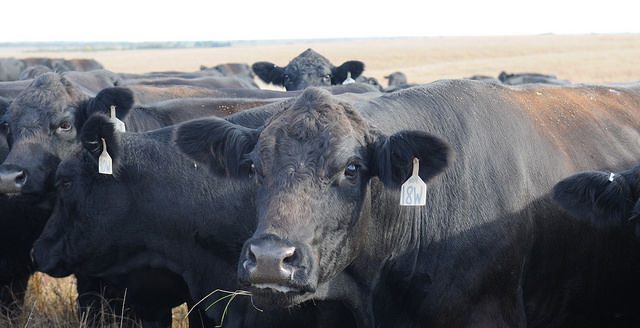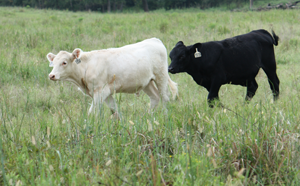In addition to market volatility threats from the current pandemic, Texas cattle ranchers have been battling another threat: the southern cattle fever tick (Rhipicephalus microplus). This tick can carry pathogens that cause deadly cattle fever, bovine babesiosis, for which there is no vaccine or treatment. When the tick is found on cattle, ranches or even adjacent areas, all cattle must be quarantined—which causes significant economic hardship. The Foundation for Food and Agriculture Research, together with the Lee and Ramona Bass Foundation, awarded a $50,000 Rapid Outcomes for Agriculture Research grant to the United States Department of Agriculture’s Agricultural Research Service to research and develop biological control technologies that prevent and contain this parasite.
Spraying pesticides to control the ticks in vast, rugged areas or on wildlife is not feasible. Instead, USDA-ARS researchers are studying parasitoids, predatory insects that prey on the ticks, to identify a natural biological control that could be introduced in Texas. As the southern cattle fever tick is native to parts of Asia, the researchers are identifying parasitoids from Vietnam and other parts of the native range to help control the tick’s spread.
USDA-ARS’s work in Vietnam will test the cattle fever tick’s susceptibility to a variety of parasitic Asian tick predators and determine if any can be imported to combat the spread of the tick in Texas. Researchers have the expertise to identify a biological control agent that will only prey on cattle fever ticks and not interfere with other species.


